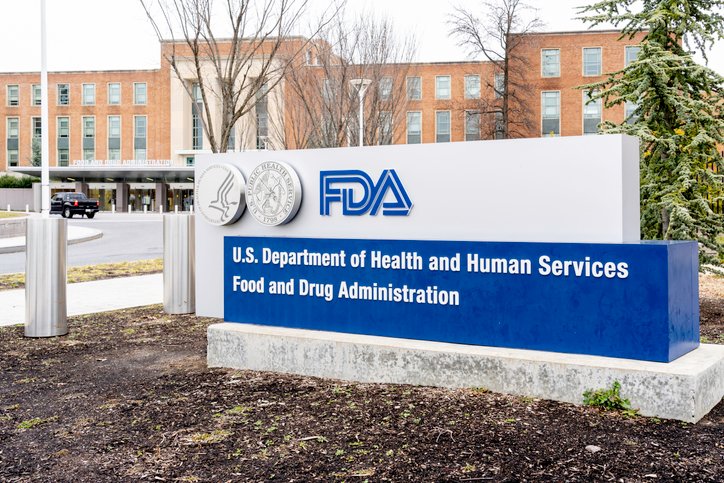
The Justice Department has filed a civil complaint against Walgreens Boots Alliance and its subsidiaries, accusing the pharmacy giant of unlawfully dispensing millions of prescriptions for controlled substances, including opioids, in violation of the Controlled Substances Act (CSA) and the False Claims Act (FCA). The suit alleges that Walgreens knowingly filled prescriptions with clear red flags, contributing to the opioid epidemic that has devastated communities across the country.
The lawsuit, filed in the U.S. District Court for the Northern District of Illinois, claims that from August 2012 to the present, Walgreens filled millions of prescriptions for opioids and other controlled substances that lacked a legitimate medical purpose and were issued in violation of professional practice standards. The company allegedly filled prescriptions for excessive quantities of opioids, early refills, and dangerous combinations of drugs, all while ignoring warning signs from its own pharmacists and internal data.
“This lawsuit seeks to hold Walgreens accountable for its role in dispensing dangerous opioids and other controlled substances without due diligence,” said Principal Deputy Assistant Attorney General Brian M. Boynton. “Our complaint alleges that Walgreens created an environment where prescriptions were filled without proper verification, fueling the opioid crisis and putting countless lives at risk.”
The government’s complaint also highlights that Walgreens pressured pharmacists to process prescriptions quickly, depriving them of the time and resources needed to confirm the validity of each prescription. In some cases, patients died from opioid overdoses after filling unlawful prescriptions at Walgreens locations, further compounding the harm caused by the pharmacy’s alleged negligence.
Federal prosecutors argue that Walgreens violated the CSA by dispensing controlled substances unlawfully and violated the FCA by seeking reimbursement for these prescriptions from federal health care programs such as Medicare and Medicaid. The company could face severe financial penalties if found liable, including up to $80,850 in civil penalties for each unlawful prescription filled and treble damages for each prescription paid by federal programs.
In response, U.S. Attorney Morris Pasqual emphasized that the lawsuit is part of ongoing efforts to combat the opioid crisis and protect taxpayer funds. “Pharmacies have a critical responsibility to ensure that prescriptions are legitimate,” he said. “This lawsuit is a step toward holding Walgreens accountable for ignoring its obligations and contributing to the opioid epidemic.”
The case was initiated by four whistleblowers who worked for Walgreens, filing lawsuits under the qui tam provisions of the False Claims Act. These provisions allow private citizens to report fraud on behalf of the government and share in any resulting recovery.
The complaint, which consolidates four separate whistleblower cases, underscores the Justice Department’s continued commitment to addressing the opioid crisis through legal action. The lawsuit also highlights the ongoing role of the Opioid Epidemic Civil Litigation Task Force, which coordinates efforts across multiple agencies to hold accountable those responsible for fueling the opioid epidemic.
The giant has faced a series of setbacks recently, including the closure of numerous stores nationwide, backlash from locking up shelves to fight shoplifting, fighting off lawsuits filed by shareholders resulting from plummeting stock price, and a hefty $100 million payout to resolve a proposed class action lawsuit alleging it fraudulently overcharged customers. Additionally, a $200 million lawsuit has emerged due to complications with its partnership with Cooler Screens, a company that aimed to revolutionize refrigerated displays with digital “smart doors” for advertising and product information.
According to an in-depth report by Bloomberg, these screens, designed to replace traditional glass doors with interactive digital interfaces, frequently malfunctioned, either crashing or displaying incorrect products. In a bid to thwart Walgreens’ attempts to terminate their agreement, Cooler Screens secretly cut data connections to over 100 stores in December 2023, causing significant disruptions during the crucial holiday season.
This led to a legal battle, with Walgreens accusing Cooler Screens of trying to sabotage its operations. Despite an initially promising launch and aspirations for expansion, the technology was riddled with problems, including low advertising revenue, faulty displays, and a slew of customer complaints. Ultimately, Walgreens opted to terminate the partnership and began removing the screens in 2024, leaving Cooler Screens to deal with substantial financial losses and a tarnished reputation.
Arsen Avakian, CEO to Cooler Screens, is still angered by the fallout from Cooler Screens’ partnership with Walgreens, remains defiant, claiming the retailer’s actions nearly drove him to failure. While Cooler Screens has struggled, laying off staff and rebranding to CoolerX, Avakian is hopeful that shifting focus to software and data-tracking tools will help the company thrive, especially with new retail partners like Chevron. Despite legal battles with Walgreens, which continues to experiment with similar in-store tech, Avakian believes his technology could eventually succeed with the right backing, though Walgreens disputes his claims.


